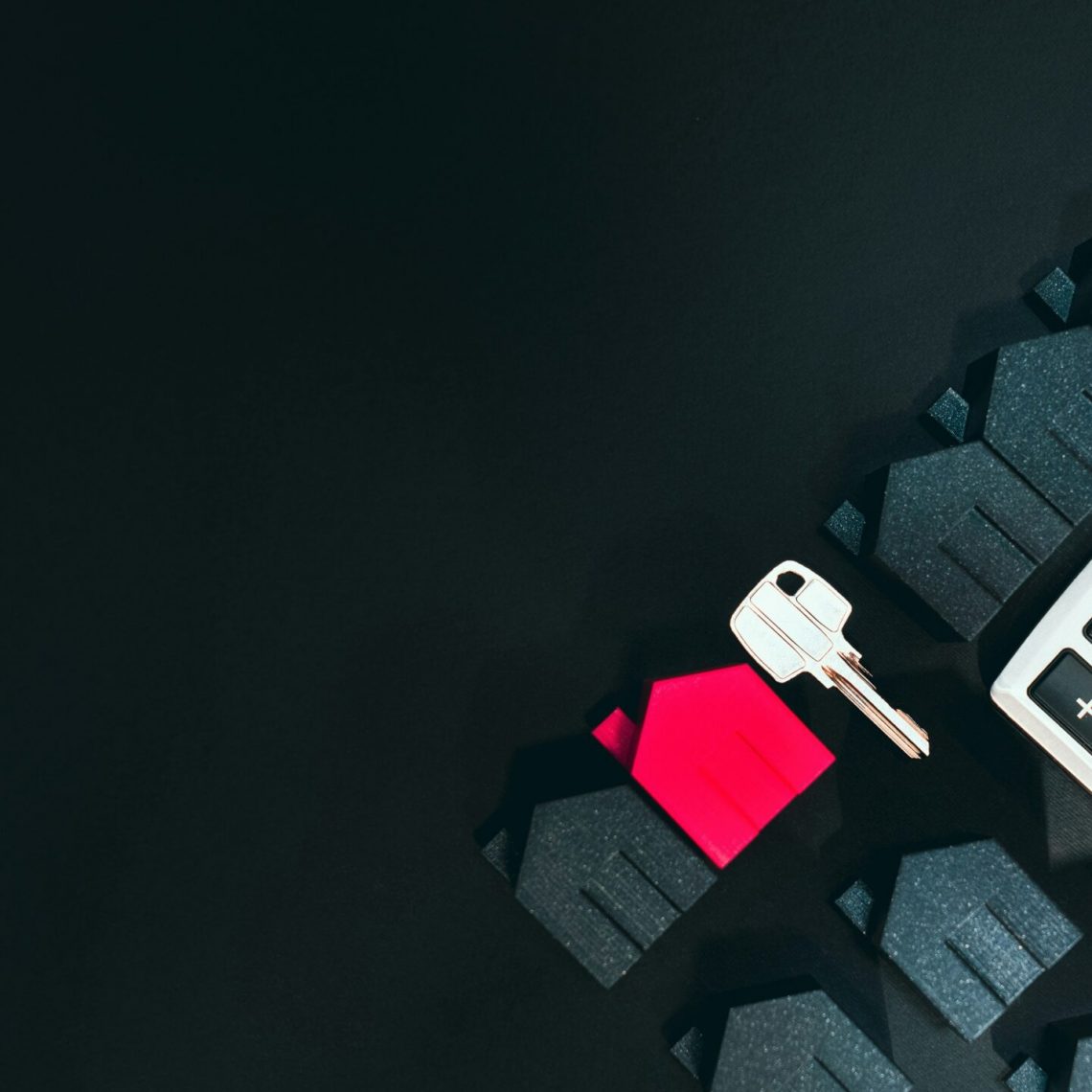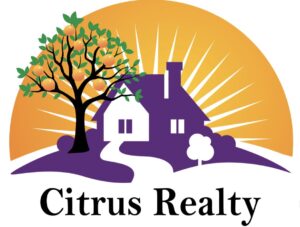Introduction
With so many types of mortgages available, choosing the right one for your needs can feel like finding a needle in a haystack. From conventional loans to government-backed options, each type of mortgage comes with its own set of pros and cons. Understanding your choices is key to securing the home loan that’s best for you. Let’s dive into the most common types of mortgages, their advantages and disadvantages, and provide some tips on how to find your ideal match.
Table of Contents
Conventional Mortgages
Conventional mortgages are the most common type of home loan. They’re not insured or guaranteed by the government, but instead by private insurance companies. Conventional mortgages come in two primary forms: conforming and non-conforming loans.
Conforming Loans
Conforming loans adhere to the standards set by Fannie Mae and Freddie Mac, two government-sponsored enterprises that purchase and package mortgages for resale to investors. These loans have specific requirements for credit score, income, debt-to-income ratio, and loan limits.
Pros:
- Wider Availability: Conforming loans are offered by most mortgage lenders, giving borrowers a wide range of options.
- Lower PMI: With a 20% down payment, you can avoid private mortgage insurance (PMI).
- Fixed or Adjustable Rates: Choose from a variety of repayment terms and interest rate structures.
- Potential for PMI Cancellation: Once you’ve paid down your mortgage balance to 80% of the home’s value, you can cancel PMI.
Cons:
- Stricter Qualifications: You’ll need a good credit score (typically 620+) and a stable income.
- Higher Down Payment: Aim for 20% down to avoid PMI, though some options allow less.
- Risk of Market Fluctuations: With an adjustable-rate loan, your monthly payments can increase if interest rates rise.
Non-Conforming Loans
Non-conforming loans, also known as jumbo loans, exceed the conforming loan limits set by Fannie Mae and Freddie Mac (varies by location, but often $510,400). These loans are considered riskier and have different qualification standards.
Pros:
- Larger Loan Amounts: Borrow more than conforming loan limits.
- Flexible Qualifications: Some jumbo loans may accept lower credit scores or higher DTI ratios.
- Interest-Only Options: Some jumbo loans offer interest-only payments for the first few years.
Cons:
- Higher Interest Rates: Expect to pay more in interest due to the increased risk.
- Stricter Approval: You may need to provide more financial documentation, like multiple years of tax returns.
- Higher Down Payment: Typically requires 20-30% down.
- Higher PMI Costs: Private mortgage insurance for jumbo loans can be costly.
Government-Backed Mortgages
Government-backed mortgages are insured by federal agencies, reducing the risk for lenders and making them more accessible to borrowers. The three main types are FHA, VA, and USDA loans.
FHA Loans
The Federal Housing Administration (FHA) insures these mortgages, which are popular among first-time homebuyers due to their lower qualification standards.
Pros:
- Lower Credit Score: FHA loans may accept scores as low as 580.
- Smaller Down Payment: Put down as little as 3.5%.
- Easier Qualification: More lenient debt-to-income ratio requirements.
- Assumable Loans: FHA loans are assumable, meaning a buyer can take over the seller’s mortgage.
Cons:
- Mandatory PMI: You’ll pay an upfront PMI premium and ongoing annual fees.
- Loan Limits: FHA has lower loan limits compared to conforming loans.
- Strict Property Condition: The home must meet FHA’s minimum property standards.
VA Loans
The Department of Veterans Affairs guarantees these mortgages for eligible veterans, active-duty military personnel, and surviving spouses.
Pros:
- No Down Payment: Qualifying borrowers can finance 100% of the home’s price.
- Lower Interest Rates: VA loans often have more competitive interest rates.
- No PMI: Avoid the extra insurance costs.
- Foreclosure Protection: The VA has programs to assist borrowers facing foreclosure.
Cons:
- Funding Fee: Borrowers pay a funding fee, which can be financed into the loan.
- Strict Property Standards: The home must meet the VA’s minimum property requirements.
- Limited Eligibility: Only available to veterans, active-duty military, and surviving spouses.
USDA Loans
The United States Department of Agriculture insures these mortgages for borrowers purchasing homes in rural areas.
Pros:
- No Down Payment: Like VA loans, USDA loans offer zero-down financing.
- Competitive Interest Rates: Often lower rates compared to FHA and conventional loans.
- Lower PMI: USDA loans have lower upfront and annual insurance fees.
- Subsidy Available: Very low-income borrowers may qualify for a subsidy to reduce their monthly payments.
Cons:
- Geographic Restrictions: Only available for homes in USDA-designated rural areas.
- Income Limits: Borrowers must meet income limits, which vary by location and family size.
- Stricter Credit: Typically requires a minimum credit score of 640.
- Funding Fees: USDA loans come with an upfront guarantee fee and annual fees.
Click here for a more in-depth guide on USDA loans!
Specialty Mortgages
There are several specialty mortgages designed for specific situations, such as construction loans, interest-only mortgages, and reverse mortgages. It’s essential to carefully consider the terms and risks of these loans before committing.
Construction Loans
Construction loans finance the building of a new home. These mortgages are usually short-term and have variable rates.
Pros:
- Finance Your Dream Home: Build a custom home to your specifications.
- Potential for Equity: If the finished home’s value is higher than the construction cost, you’ve built instant equity.
Cons:
- Complex Process: Requires multiple inspections and draws on the loan.
- Risk of Cost Overruns: Construction costs can exceed your initial budget.
- Short-Term Financing: You’ll need to refinance into a permanent mortgage once the home is complete.
Interest-Only Mortgages
Interest-only loans allow you to pay only the interest on the loan for a set period, like 5-10 years.
Pros:
- Lower Monthly Payments: Your payments are smaller compared to amortizing loans.
- Flexibility: You can choose to make principal payments when financially feasible.
Cons:
- No Equity Building: You’re not paying down the loan principal during the interest-only period.
- Payment Shock: Once the interest-only period ends, your payments increase to include principal.
Reverse Mortgages
Reverse mortgages allow homeowners 62+ to tap into their home’s equity. The borrower doesn’t make payments; instead, the lender pays the borrower.
Pros:
- Supplement Retirement: Access tax-free cash for living expenses or debt repayment.
- Stay in Your Home: You can remain in your home with no monthly mortgage payments.
Cons:
- Accumulating Interest: The outstanding balance grows as interest accrues on the loan.
- Fees and Closing Costs: Reverse mortgages come with high upfront and ongoing costs.
- Complex Program: Options and terms vary widely; get professional advice before proceeding.
Finding Your Ideal Mortgage
With so many options, how do you find the right mortgage for your situation? Follow these steps:
Check Your Credit: Your credit score plays a huge role in the types of mortgages you’ll qualify for and the interest rates you’ll receive. Aim for a score of 700+ for the best conventional loan terms.
Assess Your Finances: Honestly evaluate your income, savings, debts, and long-term financial goals. Consider how much home you can comfortably afford.
Research, Research, Research: Learn about the different types of mortgages, their pros and cons, and the qualification standards. Understand the total costs of the loan, including interest rates, fees, insurance, and taxes.
Compare Multiple Lenders: Don’t settle for the first lender you find. Shop around and compare rates and terms from various banks, credit unions, and online mortgage providers.
Get Pre-Approved: Before house hunting, get pre-approved for a mortgage to understand your budget and demonstrate your seriousness to sellers.
Consider Working with a Mortgage Broker: Brokers work with multiple lenders and can help you find the best loan options for your specific situation.
Read the Fine Print: Carefully review the loan estimate and closing disclosure documents. Ask questions about any terms or fees you don’t understand.
Plan for the Future: Consider how long you plan to keep the mortgage. If you expect to move or refinance within a few years, an adjustable-rate loan might be a better choice.
Conclusion
Navigating the mortgage market can be overwhelming, but by educating yourself and taking the time to compare options, you can secure the home loan that best aligns with your financial goals and sets you up for long-term success as a homeowner. Remember, there’s no one-size-fits-all mortgage solution. The right loan for you will depend on your unique financial situation, housing market conditions, and personal preferences. Happy house hunting!
Click here for a list of the best mortgage providers in Citrus County, Florida!
Citrus County Real Estate
Looking to buy or sell a home in Citrus County? Give us a call or text today! Whether you are planning to make a move in 7 days or 70 days, we’re here to help you the whole way. And as always, we’ll get your house sold in 90 days, or we’ll pay you $1,000 CASH!





